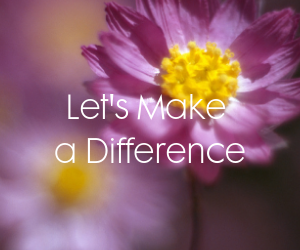
Social Change? What does that even mean? Changing the societal norms and behaviors, repairing flaws in systems, advancement in technology and processes. Social change is creating a better world.
It’s not easy.
However, businesses and events have the opportunity to make small, meaningful improvements that may lead to historic changes.
How does this happen?
As organizations begin to evaluate their corporate social responsibility initiatives, they should be looking at it from an impact perspective. Are they simply checking off a to-do item, or are they becoming involved in a cause or project because it aligns with their values and collective skill sets?
- Will CSR involve changing internal processes or buying practices?
- Are they supporting a cause that is meaningful to the “regular” work that they do?
- Are philanthropic efforts focused or unstructured?
- Does anyone “own” CSR?
- Do they have have a CSR strategy?
- Does their organization possess resources beyond financial contributions that can create change for a single organization or an entire cause?
- Can they dedicate brainpower to problem-solving for the greater good?
Larger organizations have been looking at CSR for many years, often starting with sustainability. As its importance has grown, Directors of CSR or Philanthropy have been hired to lead the charge.
Smaller companies often donate to charity or have team volunteer days, but rarely consider how they can best make an impact on a cause or issue. Even when they are raising significant dollars for a wonderful purpose, it’s possible that with a little planning, their impact could be even more significant.
Creating social change – major shifts in human behavior takes work. However, having a plan for approaching corporate citizenship is the first step.
Looking for help launching a CSR initiative? Let’s connect.
